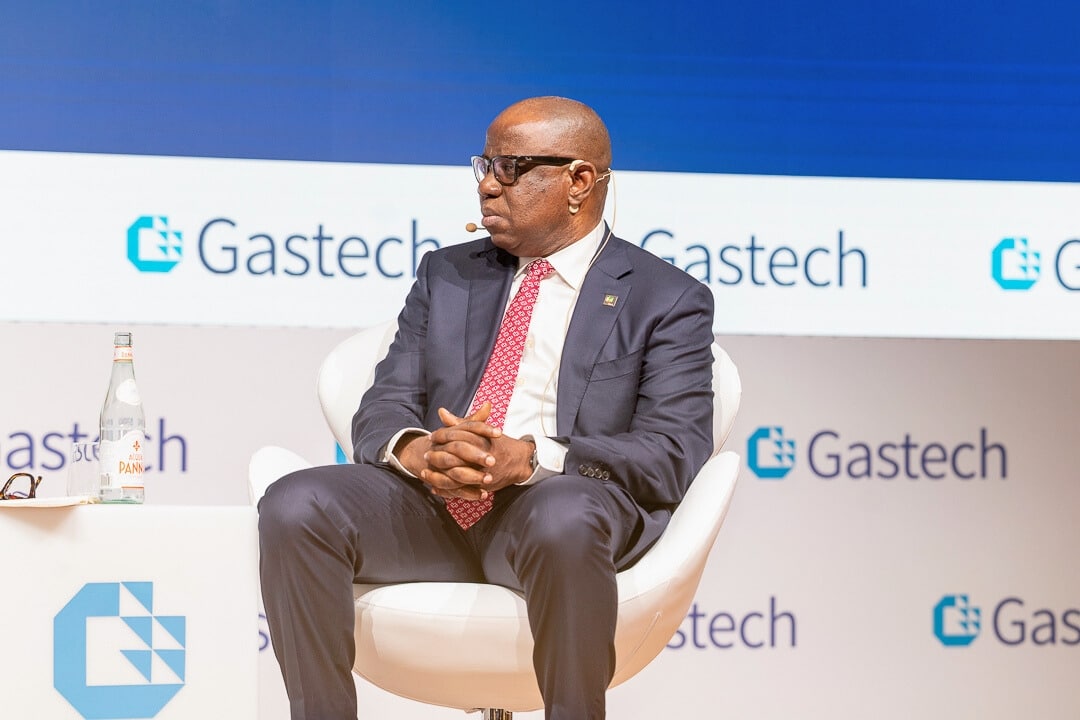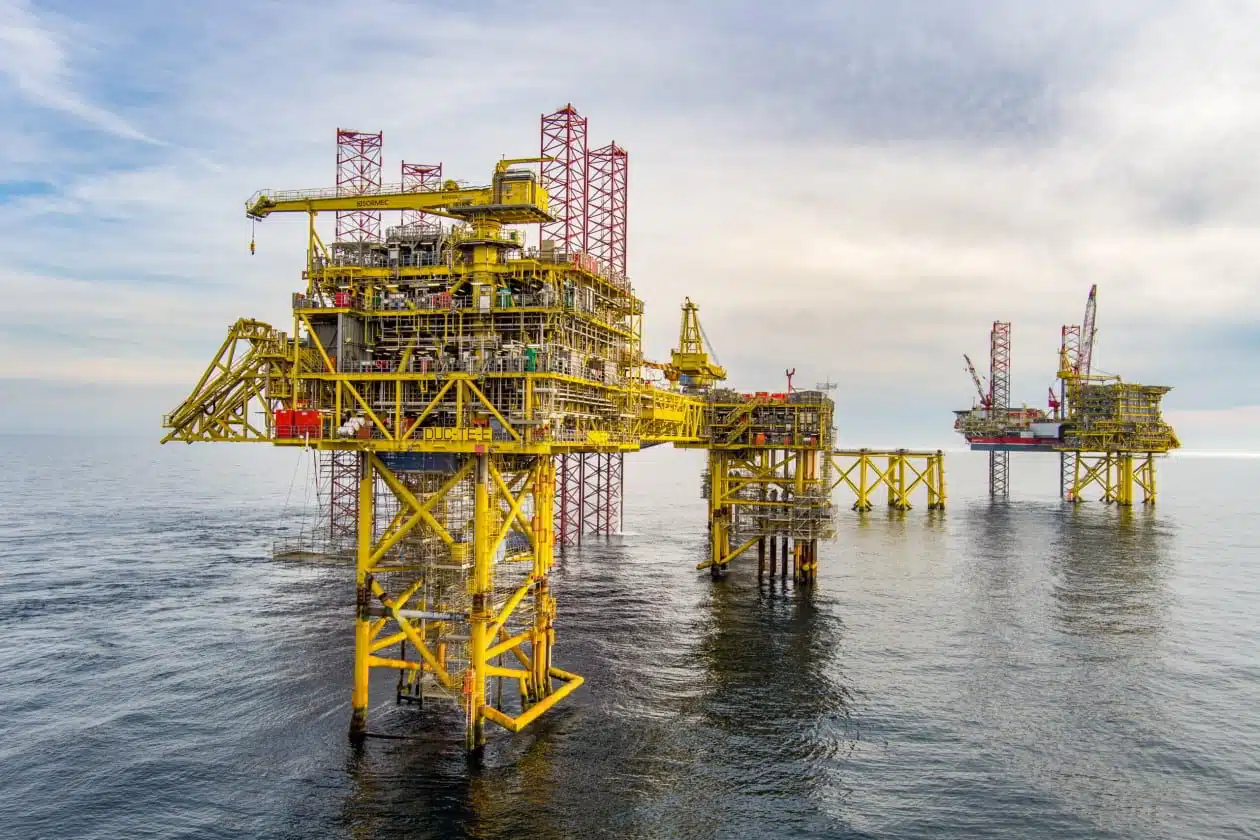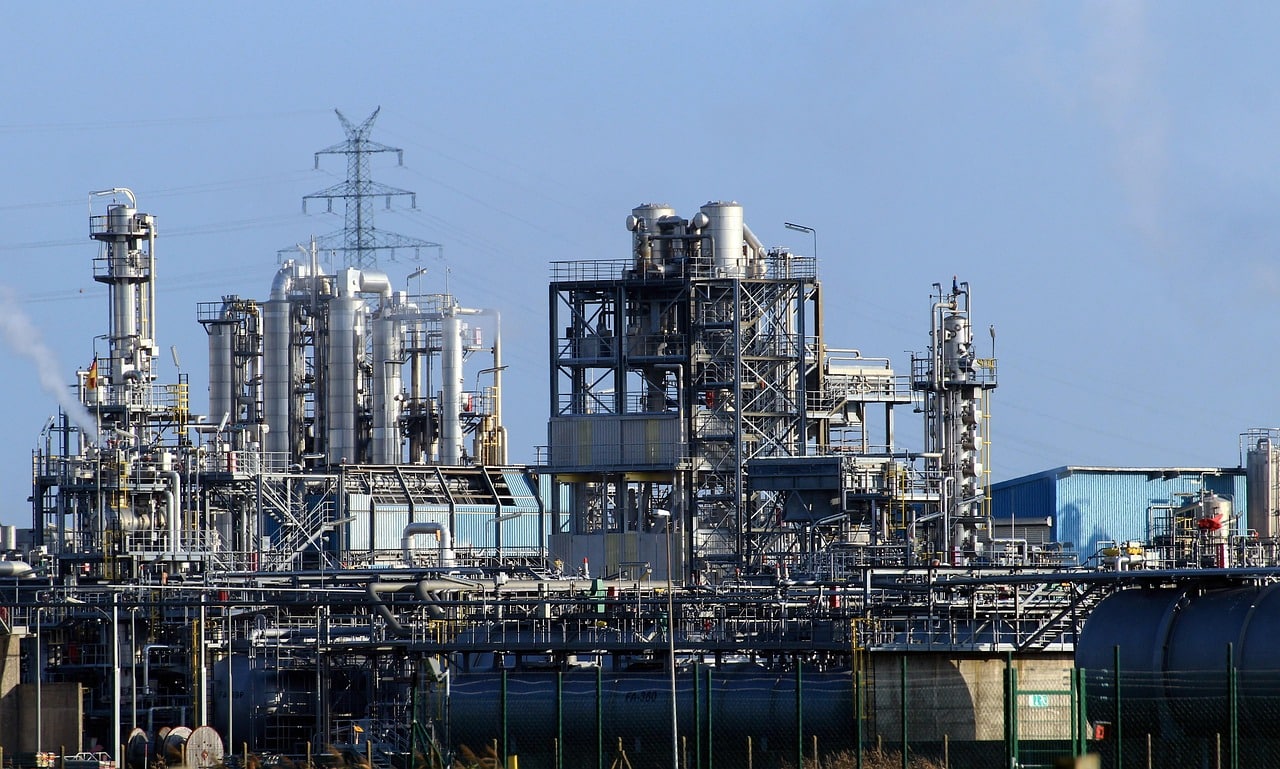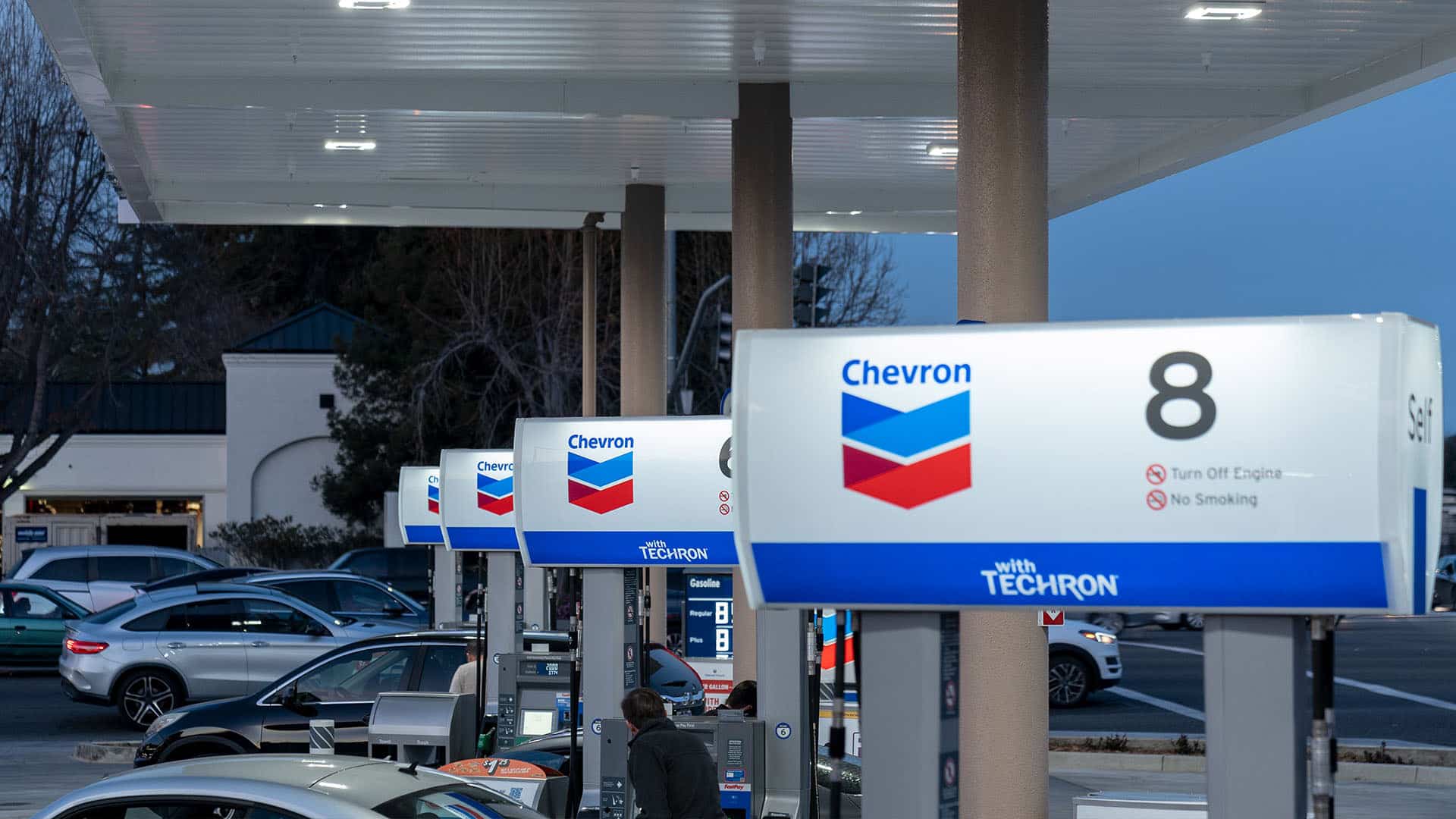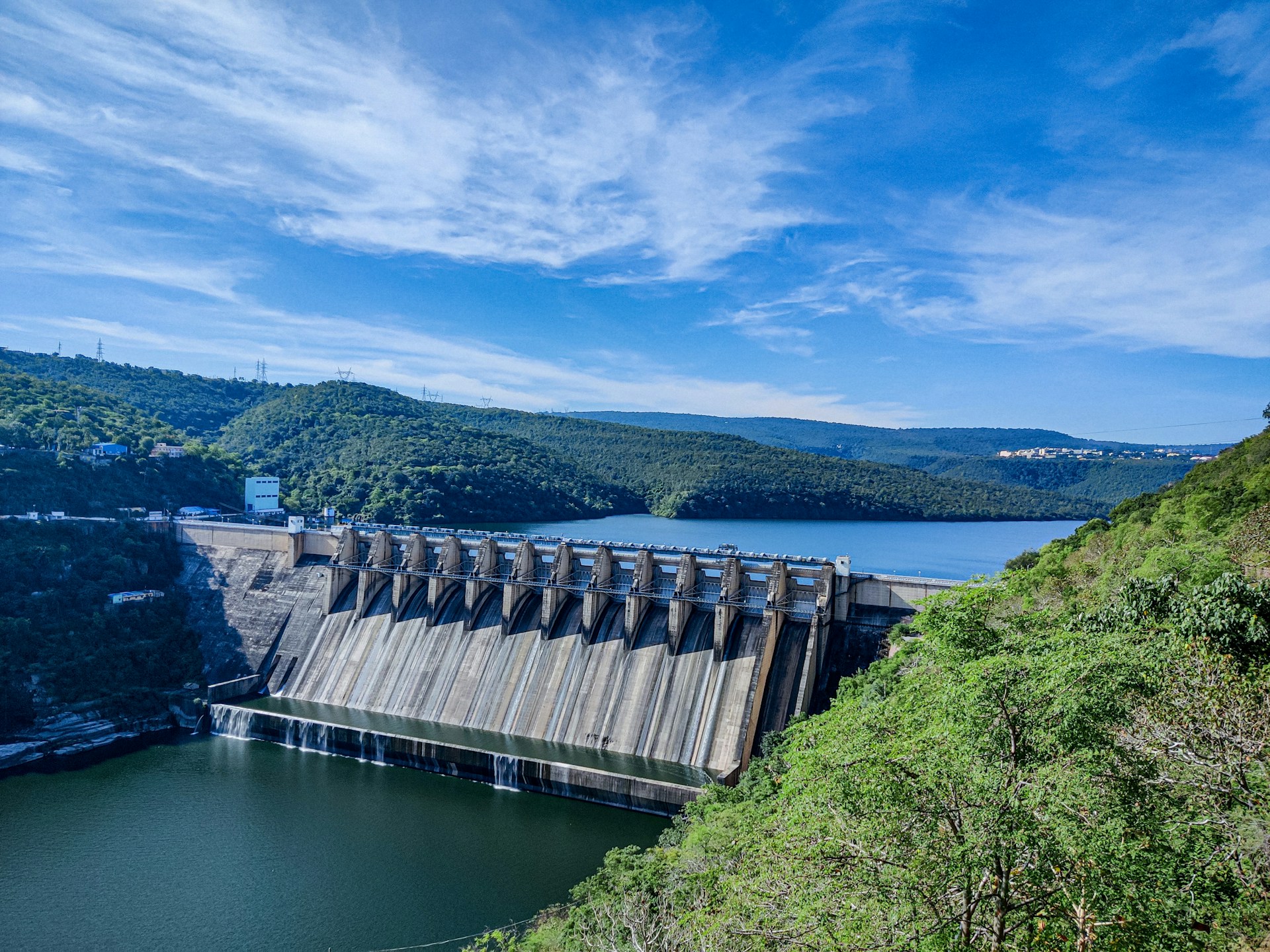A significant 60% of Nigeria’s LNG production currently goes to Portugal and Spain, underscoring Nigeria’s pivotal role as Europe seeks alternatives to Russian energy sources.
This was disclosed by the Group Chief Executive Officer (GCEO) of the Nigerian National Petroleum Company (NNPC) Limited Bayo Ojulari while speaking at the opening of the 2025 Gastech Exhibition and Conference in Italy.
According to Ojulari, “Nigeria has one of the best-run LNG businesses globally”, and already supplies 60% of LNG to Portugal and Spain.
This sets a new record for Nigeria which exported nearly 50% of its LNG to Asia and about one-third to Europe in 2024.
“We want to take advantage of the current high energy demand, which is also expected to go even higher.”
“Nigeria is a global market. While foreign policies do impact us, our focus is on creating a stable market and building the right partnerships,” he added.
Earlier this year, Nigeria’s LNG exports suffered challenges because of security threats on key installations.
Nigeria LNG (NLNG), the country’s primary gas producer, discovered several illegal connections on its key pipelines that impacted supplies.
The loss of facilities due to vandalism and sabotage impacted feed-gas supplies to NLNG and delivery timelines.
“As we sit here, right now, in this hall, I am operating only two trains out of six. The reason for this is that three of our gas supply pipelines are down for repairs.
“Why are we repairing them? Because of illegal connections made by thieves on the gas lines,” said CEO of NLNG, Philip Mshelbila, in February.
A Bloomberg news report showed Nigeria’s LNG exports dropped by 20% in the opening weeks of 2025 due to reduced gas supplies caused by vandalism and sabotage.
Why Nigeria is keen on gas
Nigeria has vast and largely untapped proven natural gas reserves estimated at 210 trillion cubic feet.
The government sees the reserves as not just a means to a net zero future but also as an opportunity for economic growth.
“Our natural gas is the bridge to renewables, and the anchor point for developing countries like Nigeria to ensure we are not left behind in the global energy transition,” Nigeria’s Gas Minister, Ekperikpe Ekpo said at the 2025 Gastech
“Nigeria as a gas nation is committed to using our natural gas to serve our economy, our continent, and other parts of the world,” Ekpo assured.
But there has only been modest progress in the sector because of the slow pace of investment.
“We are seeking at least 60 billion dollars in investment over the next five to seven years, which for our oil and gas industry is just the tip of the iceberg.”
The NNPC boss told a global audience from 150 countries at 2025 Gastech that the planned investment will help in scaling up Nigeria’s natural gas output to 12 billion cubic feet per day and expand its refinery capacity to meet growing global energy demand.
Recent gas developments
In recent weeks, the Nigerian gas space has seen some significant changes.
The Dangote refinery located in Lagos acquired 4,000 CNG-powered trucks from China to begin a direct fuel distribution programme across the country.
This has helped Tetracore Energy, its strategic local partner, to rapidly set up mother and daughter stations along key routes in Nigeria’s southwest region to support the onboarding $470 million fuel scheme.
In an early move to secure feedstock for its upcoming train 7, NLNG recently signed a yearslong gas supply agreement with multiple third-party suppliers.
This group of suppliers, which includes NNPC, TotalEnergies and Shell, will deliver up to 1.29 billion cubic feet of natural gas daily to its Bonny processing plant over a period of 20 years.
“These agreements are a turning point in NLNG’s journey, restoring reliability of supply and ensuring we remain firmly on the path of growth and expansion,” Mshelbila, said
He added that “the volumes will be gradually scaled up over a period of time”, suggesting a commitment to further expansion.
The company is currently constructing its seventh processing train that is expected to increase its Bonny plant’s capacity from the current 22 million metric tons per annum (MTPA) to 30 MTPA by early 2026. The expansion project is valued at $10 billion.

